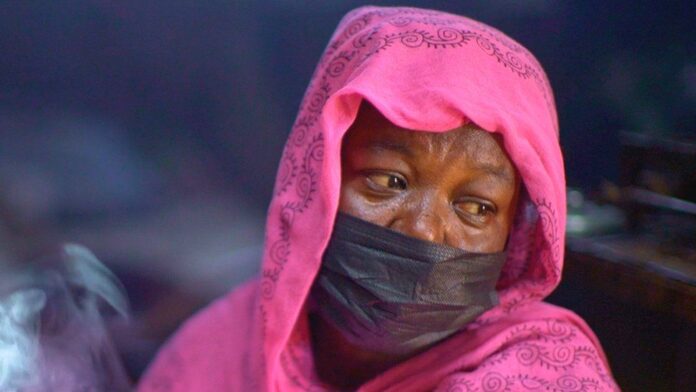In the shadows of a world steeped in ancient traditions and beliefs, a disturbing pattern of exploitation and abuse has been unveiled. At the intersection of spirituality and vulnerability, a hidden realm of darkness has emerged, exposing a deeply troubling reality that thrives on the trust of desperate souls seeking solace and healing.
Deep-rooted in the Arab and Muslim world, spiritual healing, known as “Quranic healing,” has been a source of comfort for many. An arena dominated by the feminine, where women flock to spiritual healers seeking liberation from ailments believed to be caused by malevolent entities known as “jinn.” Yet, beneath this facade of hope lies a sinister undercurrent of manipulation and predation.
Accusations ranging from harassment to rape have surfaced against 65 alleged “healers” in Morocco and Sudan, two countries where spiritual healing is deeply entrenched. The testimonies, collected over a year by BBC Arabic, are heart-wrenching accounts of shattered trust and shattered lives. In the darkness, a disturbing narrative emerges, exposing the horrors inflicted upon women who sought relief.
Dalal, a pseudonym for a victim, sought treatment for depression. Little did she know, her quest for healing would lead her into a nightmare. The spiritual healer’s alleged actions left her stripped of dignity and grappling with the haunting consequences. Her harrowing tale serves as a stark reminder of the power imbalance that often accompanies vulnerability.
In Sudan, another woman named Sawsan recounts her encounter with a healer who blurred the lines between spirituality and depravity. The notion of seeking help from a revered figure devolved into an encounter that left her questioning the boundaries of right and wrong. A healer’s audacious proposition reflects a brazen disregard for ethics and decency, casting a dark shadow over a realm once believed to be sacred.

The darkness extends to the very guardians of faith, with religious leaders like Sheikh Ibrahim allegedly exploiting their positions of authority. The case of Reem, an undercover journalist seeking evidence, sheds light on the disturbing tendencies of those meant to guide. The unsettling account exposes a deeply disturbing side to those who should be upholders of morality and spirituality.
However, amidst the gloom, a glimmer of hope emerges. Sheikha Fatima, a beacon of light in a murky landscape, established a female-only healing center. Her initiative offers an alternative space for women seeking solace without the risk of exploitation. This haven serves as a stark contrast to the tales of exploitation, providing a place where women can find healing without compromising their safety.
Yet, as the testimonies unravel, it becomes evident that addressing this pervasive issue requires more than individual initiatives. The reluctance of authorities in Morocco and Sudan to take concrete action underscores the complexity of the challenge. While some voices within the system acknowledge the chaos caused by unregulated spiritual healing, a comprehensive solution remains elusive.
The hidden world of abuse and exploitation within the realm of spiritual healing raises larger questions about power dynamics, accountability, and the sanctity of faith. As the survivors of these atrocities strive to shed light on their experiences, it is imperative to remember that behind the facade of spirituality lies a desperate need for justice and change. The burden falls not only on the victims but also on society, to confront these uncomfortable truths and pave the way for a safer, more compassionate world.


